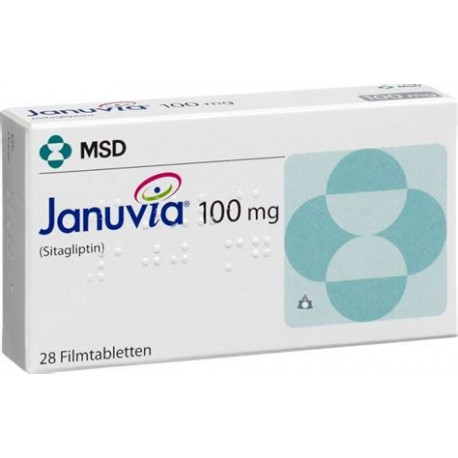

Buy GLUCOPHAGE (METFORMIN HYDROCHLORIDE) 850 Online
$16.02
CHARACTERISTICS
ACTIVE SUBSTANCE METFORMIN HYDROCHLORIDE
FORM 100 PILLS X 850 MG
MANUFACTURER MERCK

Buy GLUCOPHAGE (METFORMIN HYDROCHLORIDE) 850 Online
$16.02
- Description
- Reviews (0)
Description
Description: Glucophage is a brand name for a medication containing the active ingredient Metformin hydrochloride. It is an oral antidiabetic drug used primarily in the management of type 2 diabetes mellitus, particularly in cases where diet and exercise alone have not adequately controlled blood sugar levels.
Composition: The active ingredient in Glucophage is Metformin hydrochloride.
Uses: Glucophage is indicated for the treatment of type 2 diabetes mellitus. It helps to control blood sugar levels by decreasing glucose production in the liver and improving insulin sensitivity in peripheral tissues, thereby enhancing glucose utilization by cells.
How to Use: Glucophage is taken orally in the form of tablets. It is typically taken with meals to reduce gastrointestinal side effects. The dosage and administration instructions are determined by the healthcare provider based on the patient’s blood sugar levels and individual response to treatment.
Dosage: The dosage of Glucophage can vary depending on factors such as the severity of diabetes, other medications being taken, and individual patient characteristics. It is important to follow the prescribed dosage as directed by the healthcare provider.
Storage Conditions: Glucophage should be stored according to the manufacturer’s instructions, typically at room temperature away from moisture and heat.
Mechanism of Action: Metformin hydrochloride works by several mechanisms, including decreasing hepatic glucose production, increasing insulin sensitivity in peripheral tissues, and improving glucose uptake and utilization by cells.
Precautions:
- Glucophage should be used cautiously in patients with renal impairment, liver disease, or other conditions that may increase the risk of lactic acidosis.
- It may cause vitamin B12 deficiency with long-term use, so monitoring of vitamin B12 levels may be necessary.
Contraindications: Glucophage may be contraindicated in patients with severe renal impairment, liver disease, or hypersensitivity to Metformin hydrochloride or any of its components.
Interactions: Glucophage may interact with other medications, including certain drugs that affect renal function or increase the risk of lactic acidosis. It is important to inform the healthcare provider about all medications, supplements, and herbal products being taken.
Overdose: In case of a suspected overdose, seek immediate medical attention. Overdose symptoms may include hypoglycemia (low blood sugar), lactic acidosis, and gastrointestinal symptoms such as nausea and vomiting.
Side Effects: Common side effects of Glucophage may include gastrointestinal symptoms such as diarrhea, nausea, and abdominal discomfort. These side effects are usually transient and diminish with continued use. Serious side effects such as lactic acidosis are rare but can occur, particularly in patients with predisposing factors.
Always consult with a healthcare professional for the most accurate and personalized information regarding the use of Glucophage (Metformin hydrochloride) or any other medication.
Be the first to review “Buy GLUCOPHAGE (METFORMIN HYDROCHLORIDE) 850 Online” Cancel reply
Related Products
Buy GLUCOPHAGE (METFORMIN HYDROCHLORIDE) 1000 Online
Total Sales: 0
SKU: 828181








Reviews
There are no reviews yet.